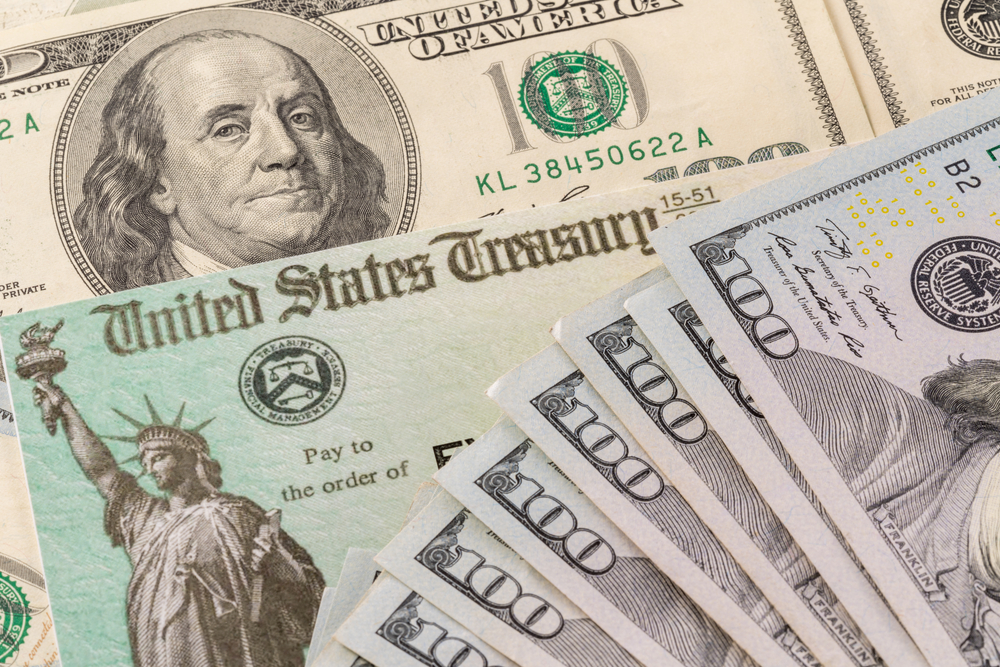Business
White House Economic Advisor, Fed Chair Disagree On Need For Stimulus Bill

President Trump’s top economic advisor said another broad-based stimulus bill isn’t necessary at this point of the economic recovery. However, he does think some targeted support for specific industries and businesses could help.
During an appearance on CNBC yesterday, Larry Kudlow said the v-shaped recovery means there isn’t a need for a massive stimulus bill. He, however, said a smaller, targeted bill could benefit certain industries and businesses.
“I don’t think the V-shaped recovery depends on the package, but I do think a targeted package could be a great help,” Kudlow said from the White House. “Even though I think the economy is improving nicely, it could use some help in some key, targeted places.”
He specifically mentioned the desire to extend the Paycheck Protection Plan, but Democrats refused to consider a smaller stimulus bill. Kudlow says the White House also wanted more funding for schools as part of the smaller bill.
“We also wanted to extend the assistance plan, the PPP plan, to small business. I mean, we actually had money – it’s over $100 billion – that could be repurposed to go back in through that plan,” Kudlow added. He also said, “I think that plan was very effective. I think it did save, perhaps, 50 million jobs.”
“Unfortunately, we couldn’t reach an agreement with the other side. And that was before the judicial issues came up,” he added. “I wish we could break the stalemate.”
Stimulus and Recovery
Federal Reserve Chairman Jerome Powell testified before the House Financial Services Committee yesterday. He took a different stance than Kudlow. He said that more stimulus may be needed until the country can completely recover from the pandemic.
Powell said that while the economy is in the middle of a rebound, he believes there are risks to employment and GDP growth if lawmakers can’t agree on an additional aid package. He added that most forecasts for the economic recovery assume that Congress will reach a compromise. He thinks this will provide additional coronavirus relief.
“I would say many, most, [forecasters] assume some fiscal action. Fiscal action underlies many, many current forecasts,” Powell said. “What’s happened lately is the economy has proved resilient both to the broader spread of the disease over the summer in some of the Southwestern states and also to the expiration of the Cares Act benefits.”
He added, “The risk is that, over time, they go through those savings, they haven’t been able to find employment yet because it’s going to take a while to get 11 million people back to work, so their spending will decline. Their ability to stay in their homes will decline. So, the economy will begin to feel those negative effects at some time.”
Up Next:















